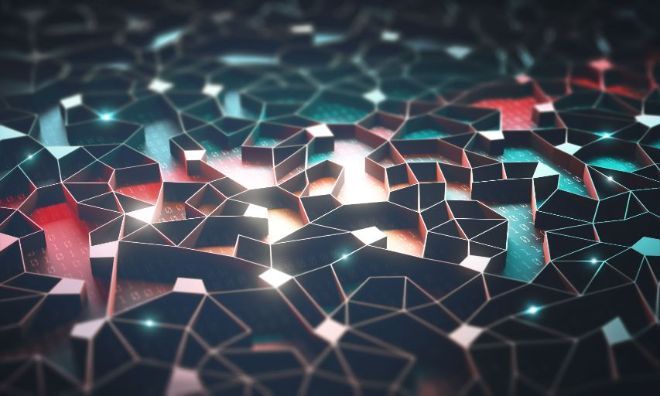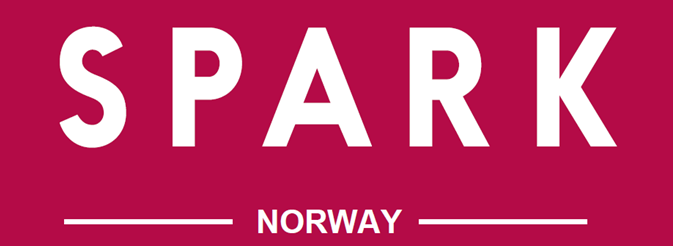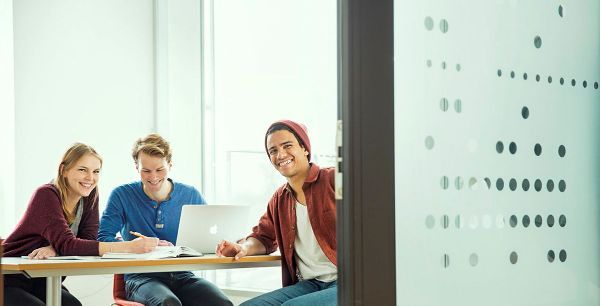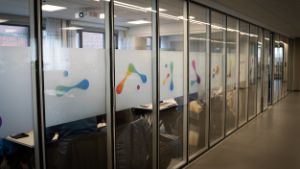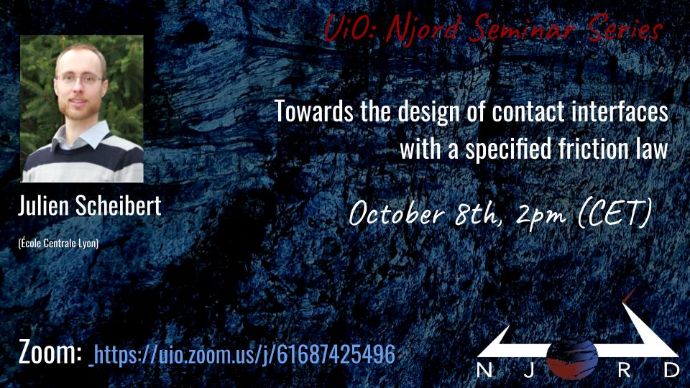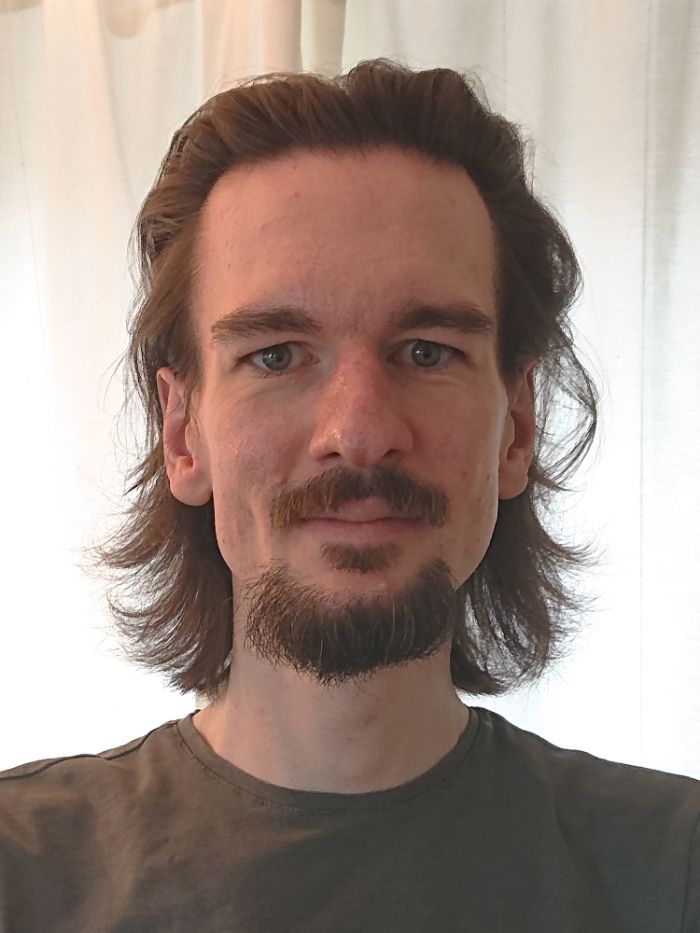Tidlegare arrangement - Side 127
Ph.d.-kandidat Sigmund Guttu ved Institutt for geofag, Det matematisk-naturvitenskapelige fakultet, vil forsvare avhandlingen Forcing from the 11-year Solar Cycle and relevance for inter-annual to decadal climate variability for graden Philosophiae Doctor.
Hylleraas seminar, hosted in Oslo
Title: IPCC-AR6 Chap. 4: Future global climate: scenario-based projections and near-term information
Speaker: Jochem Marotzke, Max Planck Institute for Meteorology
Investigating the cellular mechanism of muscle memory in female mice subjected to testosterone treatment
Welcome to our kickoff event in a series of monthly lunch seminars! Grab some lunch and join us for a talk by Luca Galimberti from NTNU, followed by an introduction to dScience by centre leader Morten Dæhlen.
Sex-dependent natural survival and catchability in corkwing wrasse (Symphodus melops)
Vestlig statsfeminisme blir ofte beskyldt for å ha et snevert fokus på hvithet, cishet, heteroseksualitet og friskhet. I dette arrangementet ønsker vi å belyse at de fleste av oss befinner oss i en flytende kompleksitet som varer livet ut, der kroppene våre kan forandre seg og identitetskategorier vi kan ta for gitt, endres. Dette medfører livslang læring både om oss selv, og i samspill med andre mennesker og med våre omgivelser.
Quantitative back calculation of three debris flows in western Norway
Effects of predictability in food conditions on individual growth in Daphnia magna
SPARK Norway Educational Forum are monthly open meetings organized by UiO:Life Science and SPARK Norway partners.
Nå kan vi gå tilbake til ordinær skoleeksamen, men vil vi det?
This Wednesdays Karl Henrik will talk about the programming language Julia and exciting things which can be done with this programming language.
Karl Henrik is working on Machine learning applied to quantum mechanical problems for his MSc thesis.
The role of Rab22a in endosomal maturation
Marcos Caballero: Integrating computation in American high schools - a tale of resourcing, federalism, and equity
Tor Ole Odden: Everything can be a vector! An approach to teaching machine learning to early physics students?
Late Lunch Talk by Marius Robu
Every second Tuesday, CBA staff gather for lunch and a talk. On October 12, it will be given by Cathrine Gundersen from NIVA and is entitled: Dirt and light - describing dissolved organic matter with fluorescence EEM PARAFAC.
Now it's time for the traditional Section 3 PhDs' & postdocs' gathering, which will take place in Abels Utsikt on October 12th, 2021, 09.30 - 16.30. All PhD students and postdocs have the opportunity to give a 15-minute talk on their research. In addition, Andrey Pilipenko (National Academy of Sciences of Ukraine/Igor Sikorsky Kyiv Polytechnic Institute) will give a talk on solving ODEs with non-Lipschitz coefficients by perturbation and Hao Tang (UiO) will introduce his research on stochastic fluid models. Welcome!
GC-MS analysis of PFOA to investigate soil partitioning behavior and biodegradability under methane oxidizing conditions
Julien Scheibert (École Centrale Lyon): Towards the design of contact interfaces with a specified friction law
Odd Petter Sand will defend his thesis Integrating Computing with Mathematics and Science Education: Case Studies of Student Understanding and Teaching design for the degree of Philosophiae Doctor.
Ph.d.-kandidat Ainar Drews ved Institutt for teoretisk astrofysikk, Det matematisk-naturvitenskapelige fakultet, vil forsvare avhandlingen "On microjets in sunspot penumbrae" for graden Philosophiae Doctor.
Abstract: My soft matter research group investigates the autonomous transformation of phospholipid agglomerates into membrane compartments through a sequence of topological changes on solid interfaces. This process is initiated by contact and wetting of artificially created as well as natural surfaces by the lipids, and proceeds via a network of interconnected lipid nanotubes to produce nearly uniform lipid bilayer compartments. Under minimal assumptions it is conceivable that such process could have occurred on the early Earth, where the autonomous formation of simple membrane compartments is presumed to have enabled encapsulation of nucleotides and prebiotic chemistry precursors. According to the currently accepted “bulk hypothesis”, such compartments have spontaneously formed under moderate environmental conditions from lipids suspended in bulk aqueous medium. Only very recently, surfaces have emerged as potential supporting structures for the self-assembly of prebiotic compartments. In my talk, I will report on new evidence for the involvement of surfaces in protocell nucleation and development. The talk will highlight the implications of the new findings for our understanding of possible origin of life processes, and argue that materials properties-driven autonomous processes on solid interfaces might have greater role in the development of life than currently considered.





